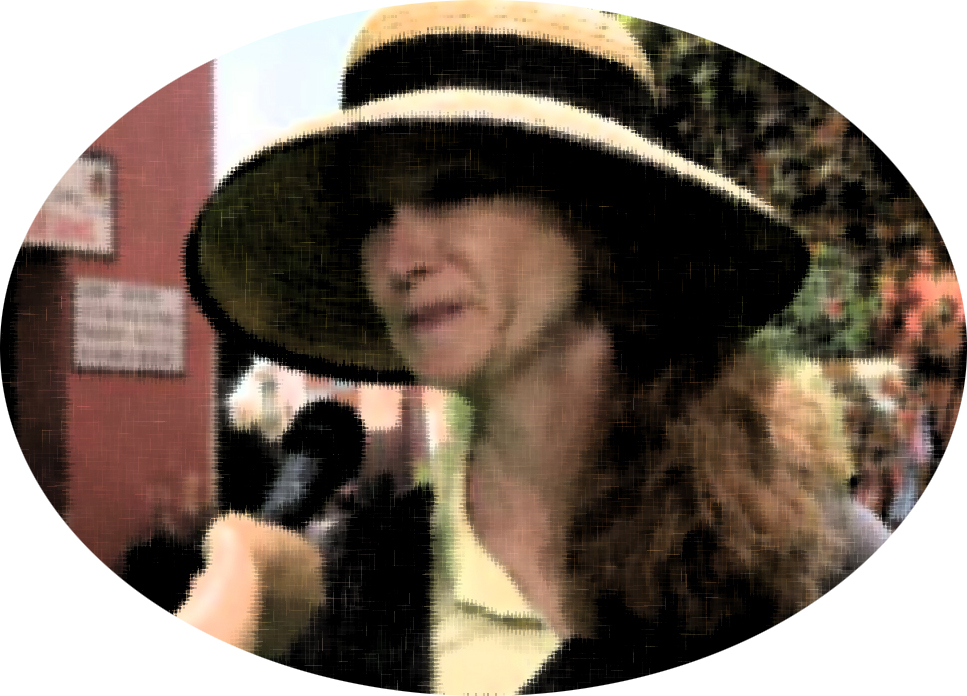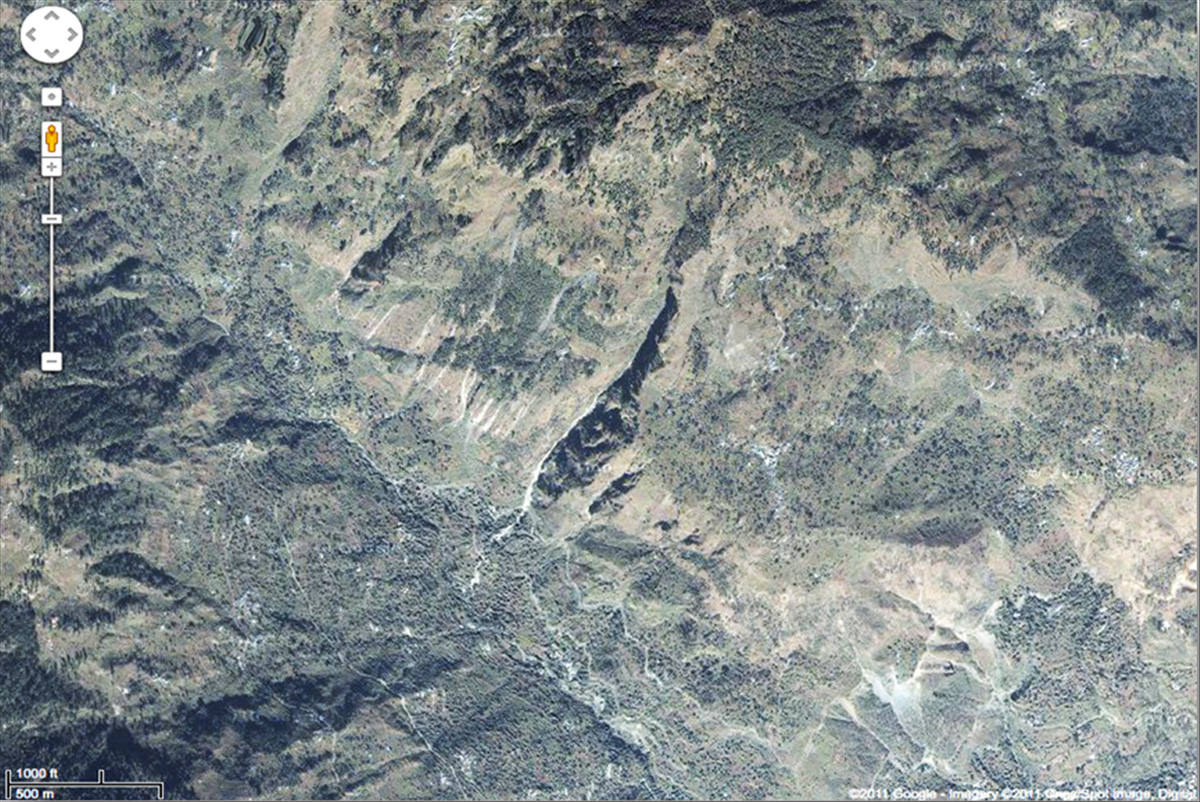
Where in the World is Dr. Salus "Dynamica" Mundi?
The Clean Water Village
Mobile Global: The Online Global Health Magazine for Professionals
TITLE: "Clean Water and Improved Living for Rural Villagers"
AUTHOR: Dr. Salus "Dynamica" Mundi
For people who live out in the rural villages of the world, with a little less than half of the world's people living in rural areas, they need access to clean water. They need ways to irrigate their crops. They need hardy seeds, fertilizer, pesticide solutions, and insights about what efforts they should take for every phase of farming: preparing the fields, planting seeds, shaping the landscape, irrigation, fertilizing, and harvesting. In the long-term, they have to protect their fields from topsoil loss and from mis-use—which might lead to the inability to raise crops, or worse, erosion and desertification.
Various volunteer public health projects deal with improving the livelihoods of people who live in rural areas. Engineering students support the building of various structures to increase the quality of life in villages—such as the building of water wells. Some of these endeavors involve training the locals to use hand soap so as to protect against a variety of fomite-transferred diseases. Others train locals in raising food animals in effective ways and ensuring procedures to keep drinking water clean and accessible.

People in the villages also need access to healthcare. Sometimes, this comes in the form of mobile vehicles that drive out to various locations to offer limited services—like inoculations or dental services. Those who have more serious health needs have to go into the larger cities where the college-trained medical care personnel have their clinics. Often, villages are far from larger cities and are located in harder-to-reach rural areas.
People who design public health projects for healthier village lives focus on the leadership of the village in order to get their insights on what would most benefit the villages. They work within the political structures and the natural environment of the villages to create value-added changes that are beneficial for the long term. They have to work various logistics to make sure that the equipment and parts that they need are available. They focus on the sustainability of the projects. They try to train local talent to carry on the work—by building in-house capacity. The teams that set up such projects are often mixed-skill-set teams, with each member applying some unique insights and details. Some endeavors involve helping farmers bring their crops to the international market and to gain from contacts there.
Setting up such projects requires plenty of lead-up work to prepare for the intervention but yields great results especially in high needs areas such as: India, Pakistan, Philippines, and various areas in South America and Africa.
(c) Copyright All Rights Reserved, Mobile Global : The Online Global Health Magazine for Professionals
*View the attached video to see the results of a successful joint clean water well project. *
Dr. Mundi is on the move again. Cellphone footage shows Dr. Mundi with a village mayor as they're collaborating together on a clean water project.
At the airport, Nina Novus's source lets her know that it looks like Dr. Mundi has packed for a warm location.

Nina Novus provides an update on the progress she has made.
Directions: Play only one of the following videos to the location that you've identified.
China
Philippines
India
Mali
Pakistan
She picks up an emergency passport, her overnight bag, and her electronics bag. She starts working on her questions list for Dr. Mundi.

